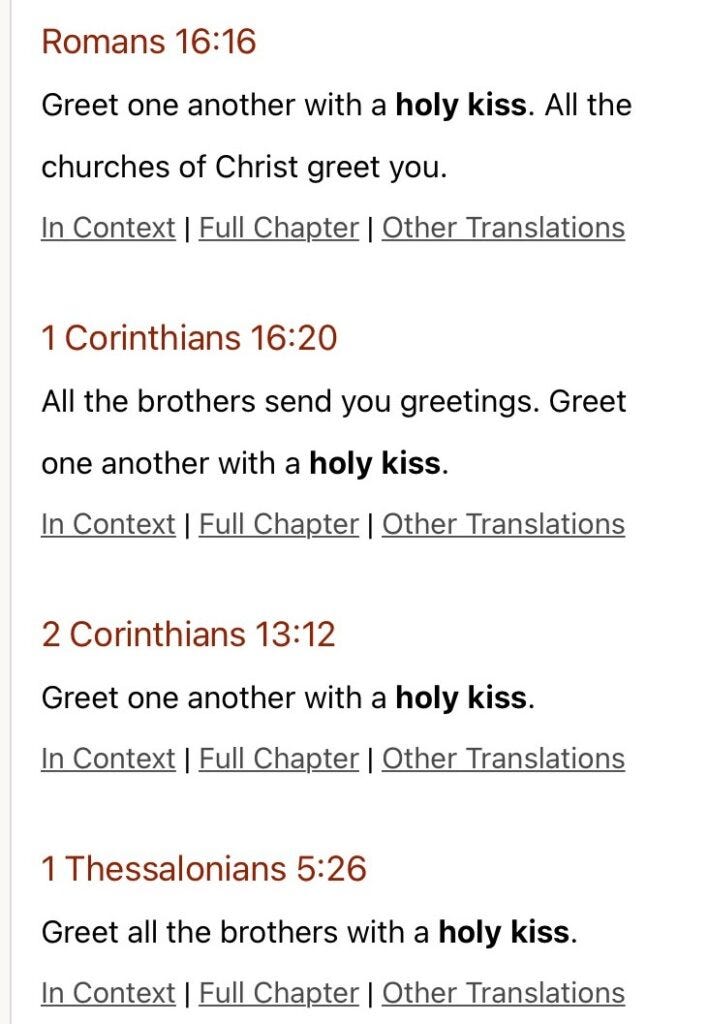There’s a kiddo on the deck standing with one hand on the door, and one hand holding a rag. It’s been a rough few days for that little girl; she’s supposed to be working off a consequence but instead she’s just standing there. You can’t force her to move faster (or at all), but sometimes you can remind her what she’s supposed to be doing. And sometimes it helps.
But sometimes it doesn’t.
She’s not really a little girl, I know. She’s sixteen. But she’s also three. And sometimes seven, and sometimes anywhere in between.
Thanks to our chickens we have a new compost bin arrangement, but she couldn’t figure out how to work it. And in spite of being told not to, she dumped the compost on a small garden bed instead, destroying half the veggies and a couple sunflowers I’ve been growing for two months.
She doesn’t always remember things she’s been told, and sometimes she does but chooses not to do them anyway. Problem solving and critical thinking are really hard for her, and rare occurrences.
As her mom, one of my biggest challenges has been learning to correct her in love, and lead her toward maturity and growth when she has no inclination to go there.
Can we blame her? We often want to do the easy thing ourselves, without the excuse of brain trauma. But look around; we’re reaping the consequences of a culture obsessed with ease, prioritizing rest over righteousness at every opportunity.
Last week on social media I shared a talk by a prominent Bible scholar and translator on women in leadership, and based on the responses of those who have only given the Bible a surface reading, you would have thought I committed the highest form of blasphemy. I can’t begin to tell you the amount of hate and accusations that poured in from complete strangers who have no idea who I am, what our family has taken on, or the everyday situations we deal with (which admittedly are probably a mystery to many of you who are new here because I don’t talk about them as often lately). It was a sight to behold from people who claim to be Christians, who claim to be passionate about the Bible, but are in fact extremely selective on how they actually study or practice what it says.
What is that Scripture? Oh, yes: “They will know we are Christians by our scathing insults, accusations, fragile egos, and self-righteous condescension.” Ain’t nobody got hate and meanness like a so-called Christian’s hate and meanness.
I am giving you a new commandment, that you love one another; just as I have loved you, that you also love one another. By this all people will know that you are My disciples: if you have love for one another.
– John 13:34-35
It’s just easier to not be challenged, to not learn something new, to not think critically about what we believe and what the Bible says and whether or not those two things are actually in alignment. But Jesus is continually leading us forward in love and maturity, even when we have no inclination to go there.
But you denied the Holy and Righteous One, and asked for a murderer to be granted to you, and you killed the Author of life, whom God raised from the dead. To this we are witnesses.
– Acts 3:14-15
Do we just want to be right? Or do we want to be righteous?
Pharisees have been bringing death and destruction for a long time; people who miss the forest for the trees and offer to call fire down from heaven have been rebuked by the Lord for their misplaced zeal from the very beginning.
And now, brothers, I know that you acted in ignorance, as did also your rulers.
– Acts 3:17
You can’t force people to think harder or to love better (or at all), but sometimes you can remind them what they’re supposed to be doing. (And sometimes it helps. But sometimes it doesn’t.)
So we go back to the Word. Not just a surface reading that takes in the obvious, but a daily, deeper study that looks at all the things – the ones that don’t make sense, the ones that seem to contradict, the ones that are inconsistent with the rest of the Word when taken out of context. We take the time to ask Him what they mean, and we take the time to listen.
If you feel threatened by the basics of studying the Bible and learning something you didn’t understand before, why are you reading it at all? Do we go to God’s word only to be patted on the back? Do we only go to church to be spoon-fed what we already know?
For though by this time you ought to be teachers, you need someone to teach you again the basic principles of the oracles of God. You need milk, not solid food, for everyone who lives on milk is unskilled in the word of righteousness, since he is a child. But solid food is for the mature, for those who have their powers of discernment trained by constant practice to distinguish good from evil.
— Hebrews 5:12-14
Friends, with all love, you shouldn’t be reading my stuff (or any stuff) if you just want to be told what you already know. What a waste of time that would be.
If someone touts unbiblical principles that conflict with God’s word and character, yes, you should call them out on it. But if what you are calling out is just a deeply held belief that is contradicted throughout Jesus’ life and all of scripture, you should look more closely at the context of that.
If it causes insecurities to rile up within you, spewing hateful, holier-than-thou things at others, you should look more closely at that, too.
If any issue is so sacred to you that looking at the Bible’s original language, context, and culture actually frightens or angers you because you cannot consider it from any other angle than the one you have held on to, then that issue is a sacred cow and it probably needs to go to the grill. If it causes you to say things to perfect strangers online that would make an atheist smirk, that cow needs put out to pasture until you can examine it without raising your blood pressure and displaying spiritual brain trauma.
Do we just want to be right, or do we want to be righteous?
(One reader pointed out that those who are afraid of a little research, deep thinking, and contrasting perspectives are exactly the kind of people who, yes, shouldn’t be teaching or leading. This is why we can’t have nice things, Timothy.)
If you believe context and culture don’t matter and everything in scripture should be interpreted exactly at face value, you should probably avoid Job, certain Psalms, Ecclesiastes, several sections of the prophets, parts of the New Testament, and most public social settings.
(Oh…and definitely beware of Song of Solomon. SO DANGEROUS.)
Because context and language matter.
Truth matters. Sometimes you need to pay attention to see it, though. And yes, if you’ve read the Bible, you’ve seen women speaking, leading, and teaching in it with approval, in spite of a few verses that seemingly oppose it on the surface.
But wait, should we have to work to understand the Bible? Well, what does it say? Here are just a couple of examples:
It is the glory of God to conceal things, but the glory of kings is to search things out.
— Proverbs 25:2
In that same hour he rejoiced in the Holy Spirit and said, “I thank you, Father, Lord of heaven and earth, that you have hidden these things from the wise and understanding and revealed them to little children; yes, Father, for such was your gracious will.”
— Luke 10:21
Yes, we should read and expect God to speak to us. And also yes, we should take the time to dig deeper when we notice things that don’t make sense, or that we don’t understand, or that are confusing.
Because if we claim to already understand everything we believe, we probably made it up — and we need to consider who we’re bowing down to.
But if you don’t think language, culture, and context matters, fine. No problem at all.
Just know that you ought to greet everyone in church on Sunday (and, well, every day, since it doesn’t specify) with a holy kiss.
No, no, no, it doesn’t say handshake, side hug, or fist bump — it says a holy kiss.
Have fun with that.
xo






Thank you!
I'm sorry this happened to you.